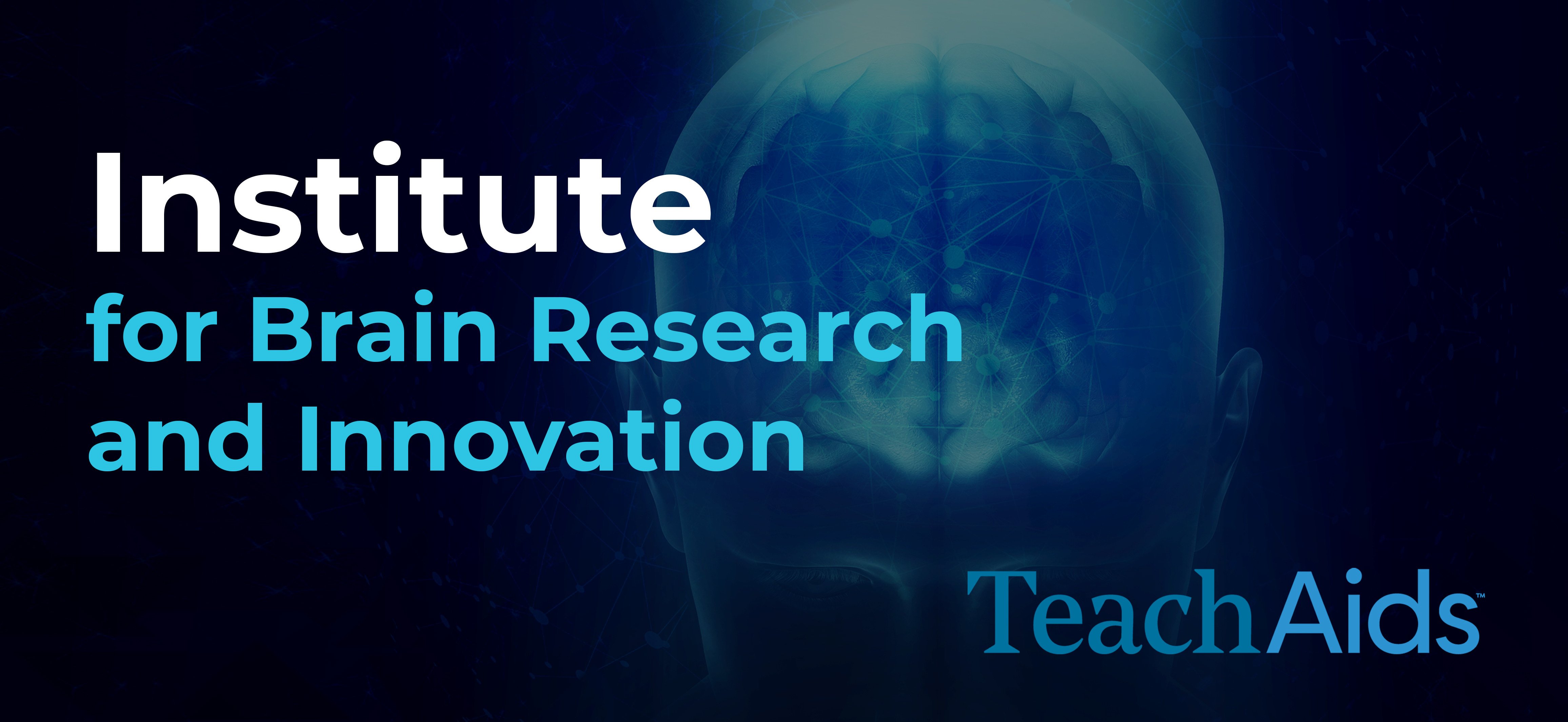TeachAids, a non-profit focused on health education, announced the launch of its new Institute for Brain Research and Innovation on Tuesday. TeachAids was founded by Stanford Graduate School of Education lecturer and 2016 recipient of the Stanford Alumni Excellence in Education Award Piya Sorcar M.A. ’06 Ph.D. ’09. Sorcar is also an Adjunct Affiliate at the Stanford School of Medicine and Faculty Fellow at Stanford’s Center for Innovation in Global Health.
The Institute will focus on identifying methods to improve concussion education and attempt to change the culture around concussion reporting. Daniel Daneshvar, who previously worked as a founding scientific advisor on the TeachAids team, will serve as the director of the Institute. Daneshvar will be joined by numerous scientists across the country who conduct research on this topic.
Sorcar said she is excited to welcome Daneshvar to the Institute, saying, “As a former athlete, he is deeply passionate about promoting safety among youth, especially regarding head injuries.”
The Institute will work in conjunction with CrashCourse, a concussion education program created by TeachAids. CrashCourse is used by 19 national governing sports organizations, including USA Gymnastics, USA Lacrosse and USA Wrestling and by students in K-12 school districts across the country.
The CrashCourse program consists of a variety of interactive educational materials such as brain fly-through videos showcasing how the brain responds to trauma and a story wall that educates athletes on the markers of a concussion. Gerald Grant, associate dean of academic affairs and chief of pediatric neurosurgery at Stanford University School of Medicine believes the program’s interactive nature makes it one of a kind.
“Over the years, there has been a spectrum of concussion education materials by the CDC and others,” Grant said. “Most, however, have been information sharing PDFs or ‘talking head’ lectures from medical experts, which are not effective learning tools for youth.”
After witnessing the success of the HIV education program offered by TeachAids and learning that the non-profit was developing concussion education, Grant joined as one of the first medical experts to be part of TeachAids’ advisory team.
The research conducted by the Institute’s affiliates will enhance CrashCourse by ensuring that the program uses the latest technology and scientific findings while making the information available to a global audience.
“In many ways, the concept for the Institute has been part of the culture of TeachAids since the beginning,” Daneshvar said. “The Institute simply aims to formalize the research arm that helped make CrashCourse such an effective program.”
Grant also highlighted the efficacy of the CrashCourse program, which he says he has witnessed first-hand in his role at Stanford as a pediatric neurosurgeon caring for kids after a concussion.
“The kids, coaches and parents love the interactive and personalized nature of the CrashCourse productions, and their VR extensions are state-of-the-art. It makes learning fun and the kids are so engaged,” Grant said.
The Institute will serve primarily as a gathering space for scientists; however, TeachAids is also invested in ensuring the viewpoints of other stakeholders such as athletes and coaches are incorporated into its work.
While the Institute is just in its inception, Daneshvar hopes the research conducted there will serve as a guide for evaluating concussion programs.
“Initial efforts will be primarily in the form of scientific publications, which will help redefine the metrics evaluated for concussion education effectiveness,” he said.
This article has been updated to reflect that Piya Sorcar is an Adjunct Affiliate at the Stanford School of Medicine and Faculty Fellow at Stanford’s Center for Innovation in Global Health.
Contact Anuka Mohanpuhr at anuka ‘at’ stanford.edu.
